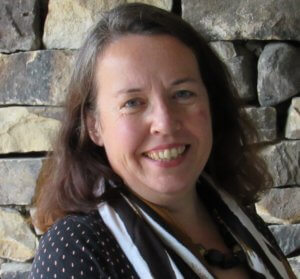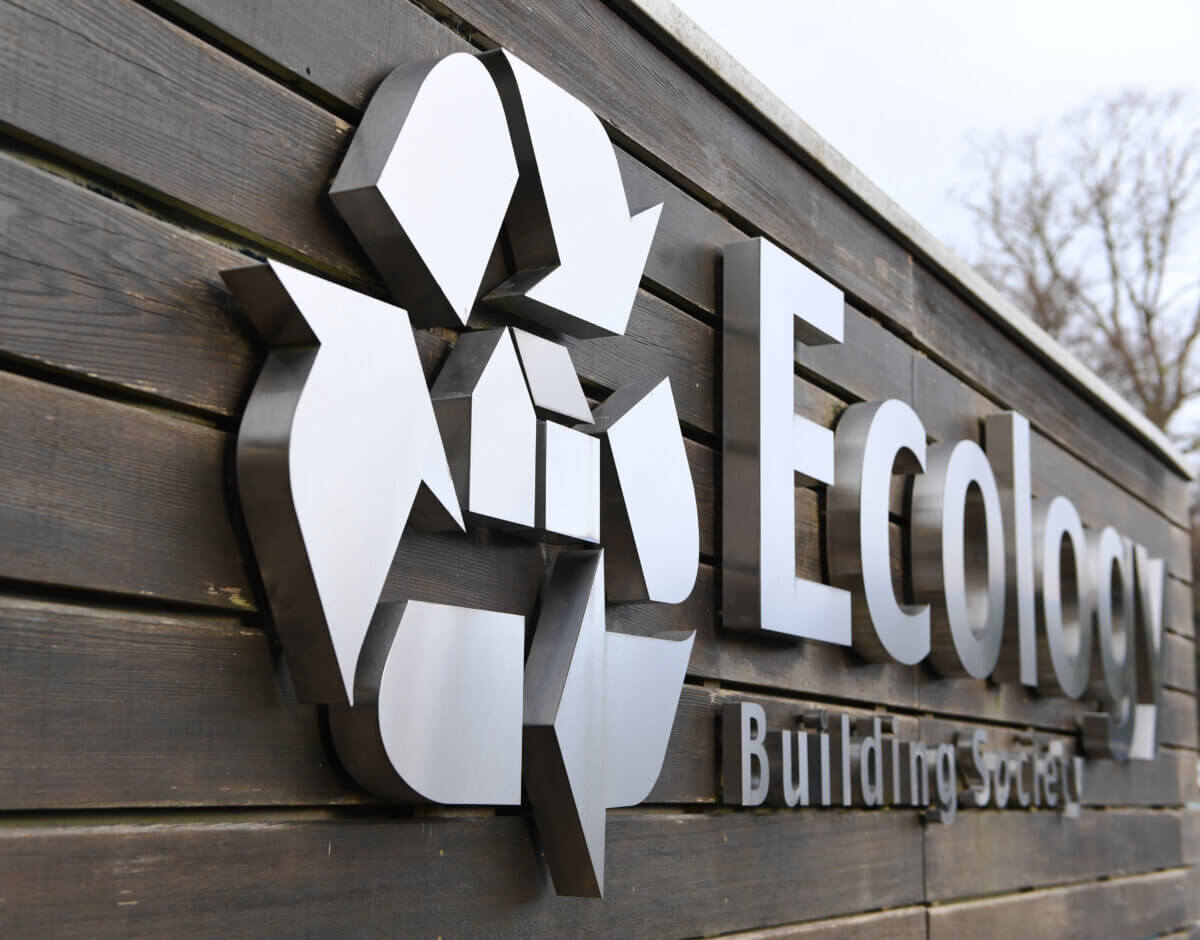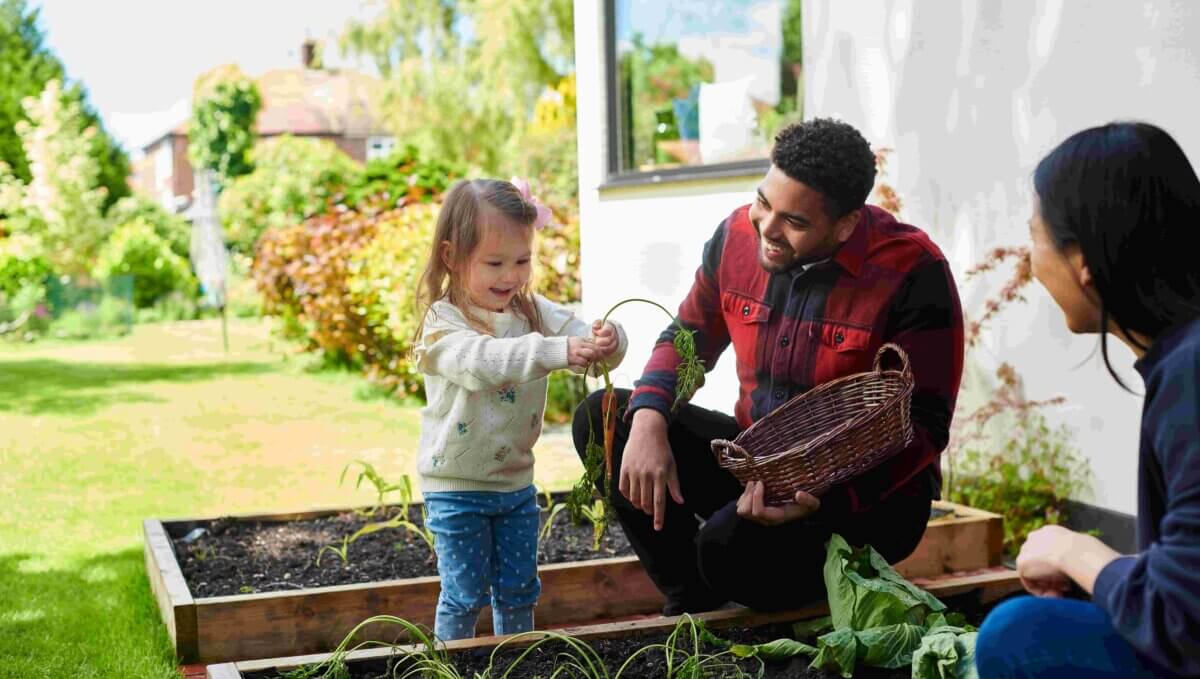COP26 – Why We Must Have Hope

Alison Vipond, Sustainability Lead at Ecology, explains why COP26 is so important and her hopes for this critical conference.
This weekend, COP26 begins. It’s been described as ‘the last best hope for the world to get its act together’ on climate change.

COP26 is the 26th Conference of the Parties, the supreme decision-making body under the UN Framework Convention on Climate Change. The first COP was in Berlin in 1995.
The very fact that COP26 has been delayed by a year, as a result of a global pandemic, is a sign of how much humans are very deeply messing up the planet we depend on. The science could not be clearer. Climate change is happening in every part of the world, with the most vulnerable people being the worst affected.
It is already six years since the historic Paris Climate Agreement. Back in 2015, we all celebrated. We dared to believe that world leaders would act on their commitments to avert climate breakdown. Since then, yes, there have been new commitments, and the words ‘net zero’ now trip off the tongue of politicians and business people. But six years on, despite a brief period during Covid-19 lockdowns, global emissions continue to surge.
I’m with Greta Thunberg, who recently mocked world leaders, describing their promises to address the climate emergency as ‘blah, blah, blah’. We are all sick of empty words and want to see action.
When will we act?
Current commitments to cut emissions are nowhere near enough. Since Paris, obstacles and diversions have been put in the way. Political leaders have failed to prioritise a safe climate and liveable planet, and we have lost valuable time.
The clock is ticking very loudly.
The world is getting hotter. To limit the earth’s temperature rise to below the agreed threshold of 1.5 degrees, we need to halve global emissions by 2030, and keep on reducing them to near zero by 2050.
What we do in this decade is critical. So COP26 is the opportunity, the last ‘best hope’, for world leaders, especially the biggest emitters, to credibly demonstrate that they know what is at stake, and deliver ambitious plans, including providing promised finance to support developing countries.
Why we have hope
The world is becoming more aware and accountable. Pretending climate change isn’t real, or that it will go away, just isn’t an option anymore. We have all seen the abundant footage of fires, floods, heat waves and droughts from across the world. Thanks to social media, people are connecting, sharing knowledge and mobilising. Climate activism is global, spear-headed by passionate young people who will never give up.
Our political leaders know they have a responsibility not only for jobs and GDP, but for our food, water, health and the lives of future generations. Businesses know it makes economic sense to adopt a sustainable path as their customers make more informed choices. The green energy transition is already underway, for example, renewable energy costs have fallen dramatically and electric vehicles are starting to scale.
Shareholders are holding their boards to account and demanding action. The financial system is changing. Central banks, regulators, financial institutions and investors are increasingly aware of the risks and opportunities of move away from fossil fuels and towards a low carbon economy.
With net zero targets and plans, we can hold organisations to account.
Ecology and COP26
We are focussing our efforts during COP26 on two main outcomes: mobilising finance to urgently fund the transition to a low carbon economy and decarbonising the built environment by retrofitting existing homes and building new homes with low embodied carbon.
You can read more about what Ecology is doing for COP26 here.
At Ecology Building Society, tackling the climate ecological emergency is central to our mission. We provide ethical savings and sustainable mortgages, to build and renovate homes and community buildings that are better for people and planet. We are agitating for change in the financial system for a more sustainable future.
To coincide with COP26, we’re also going to be launching our 2030 Strategy in response to the climate and ecological emergency and the decisive action that is needed in this decade.



